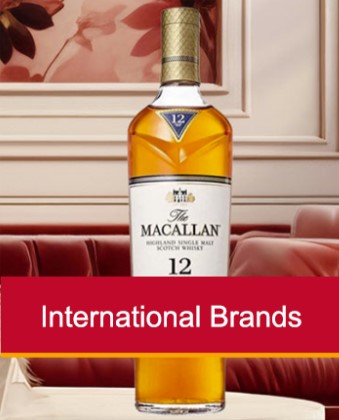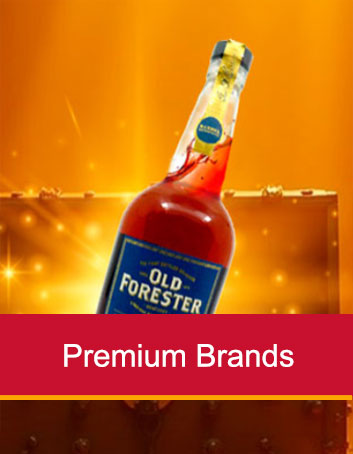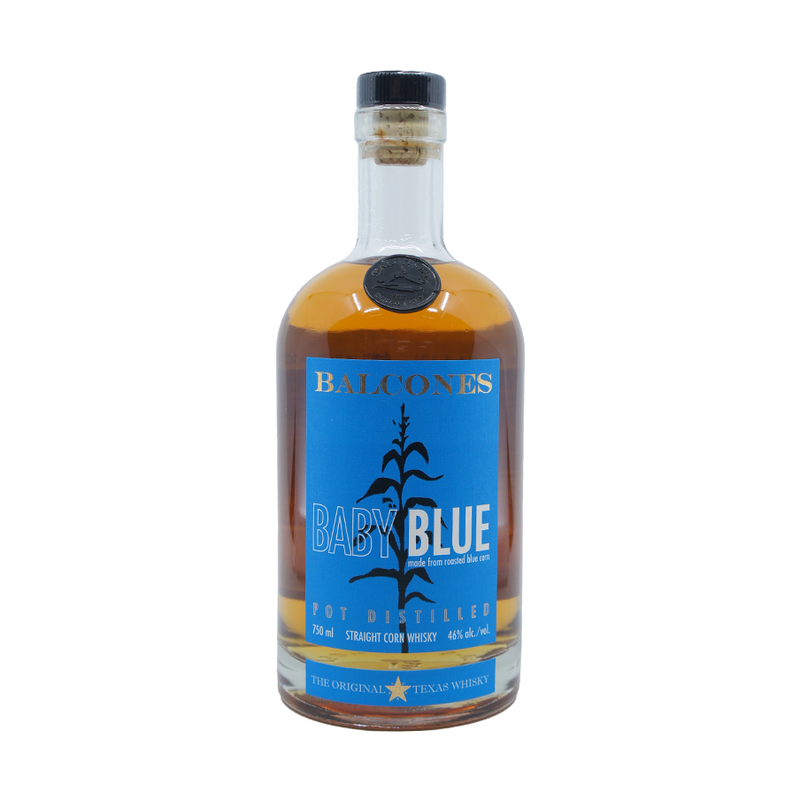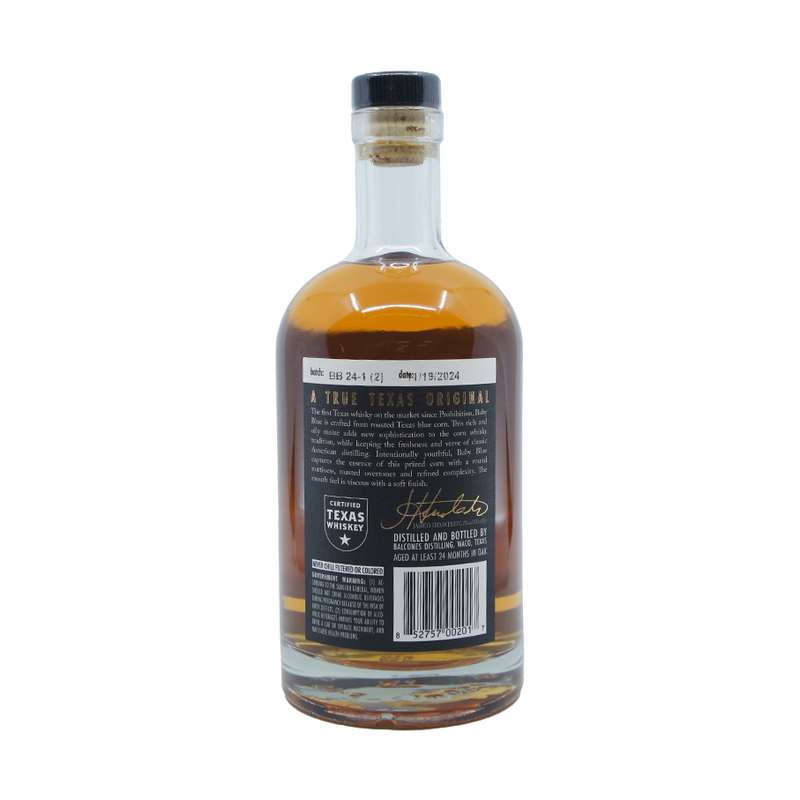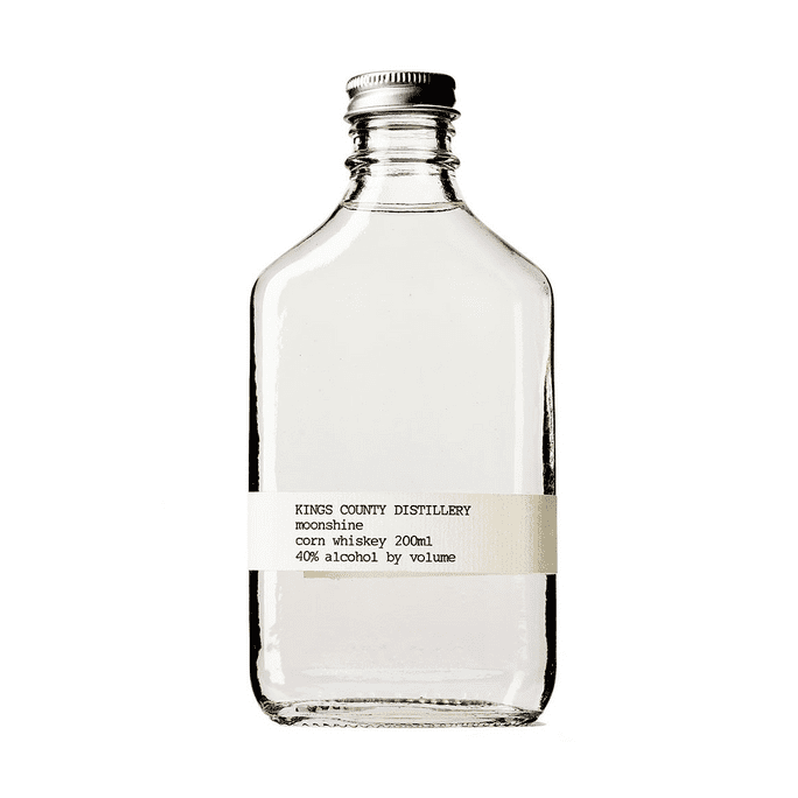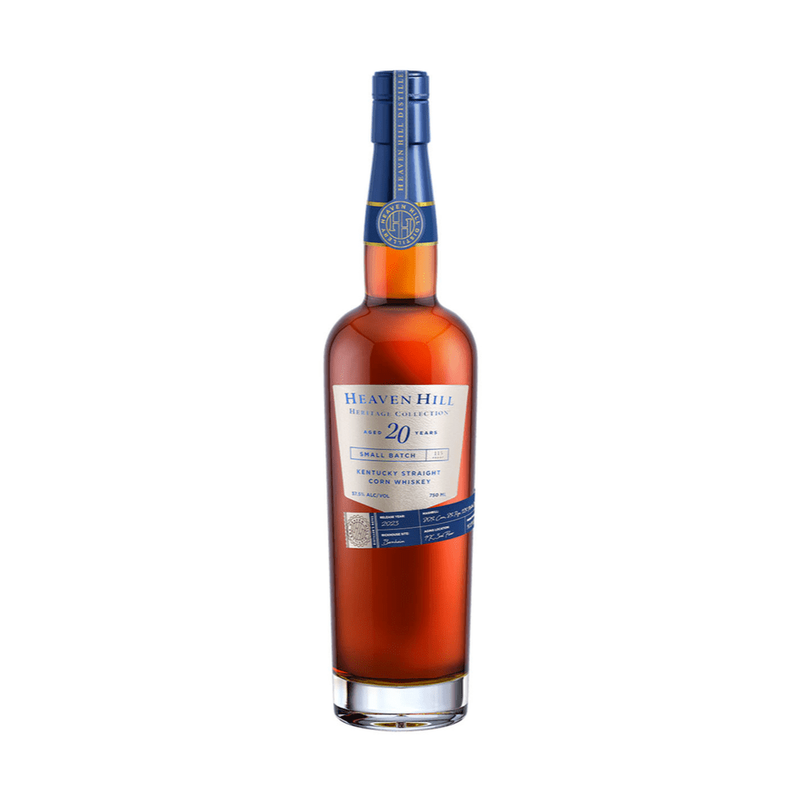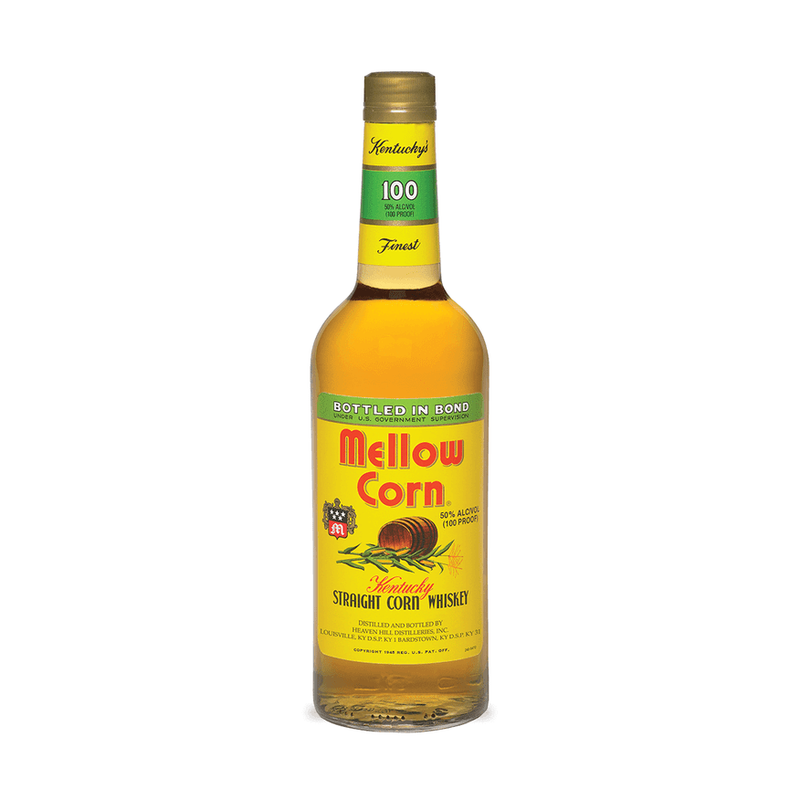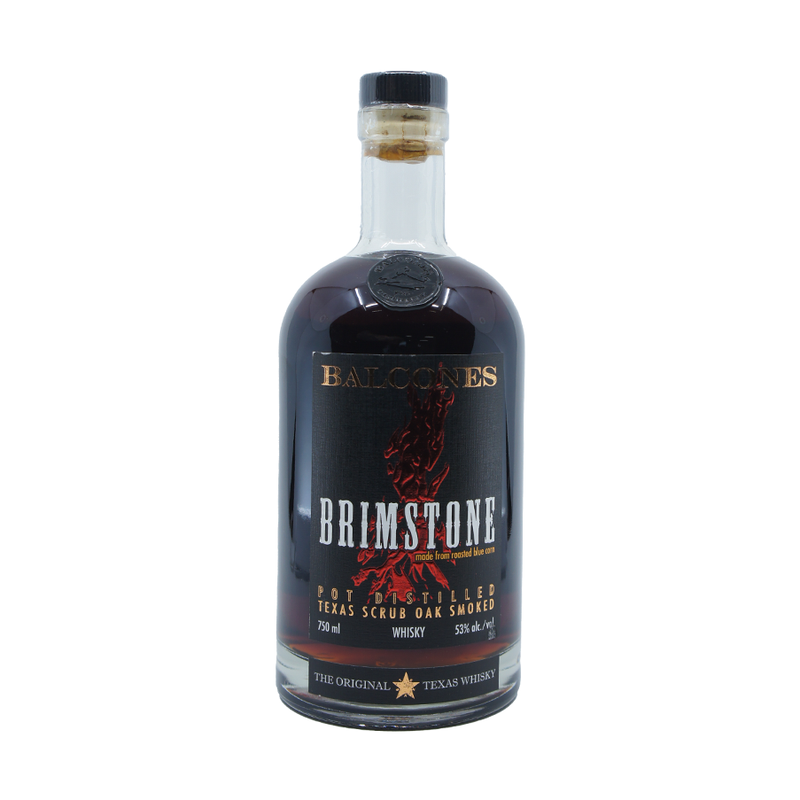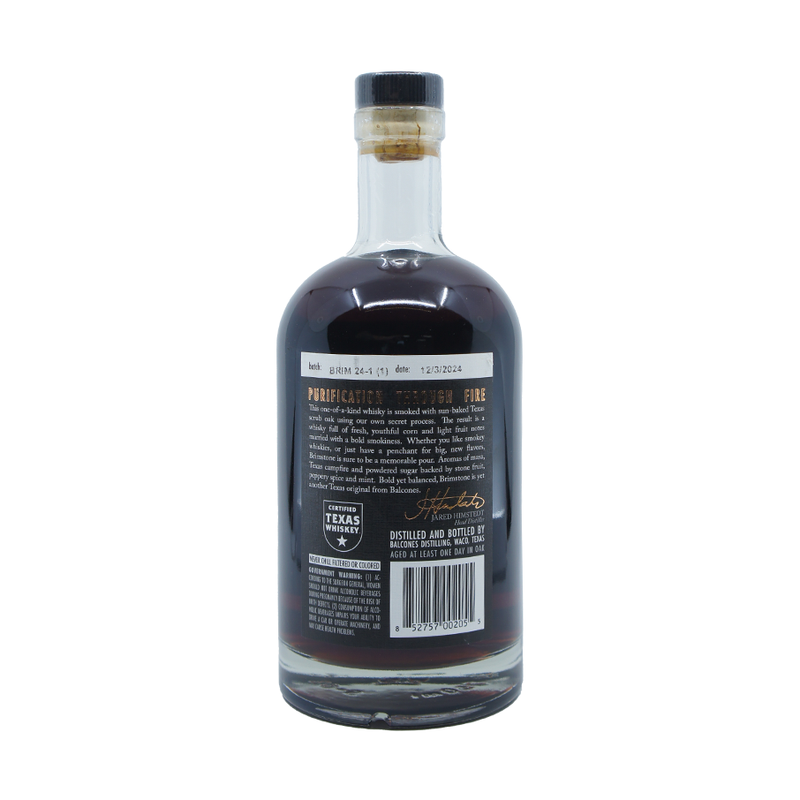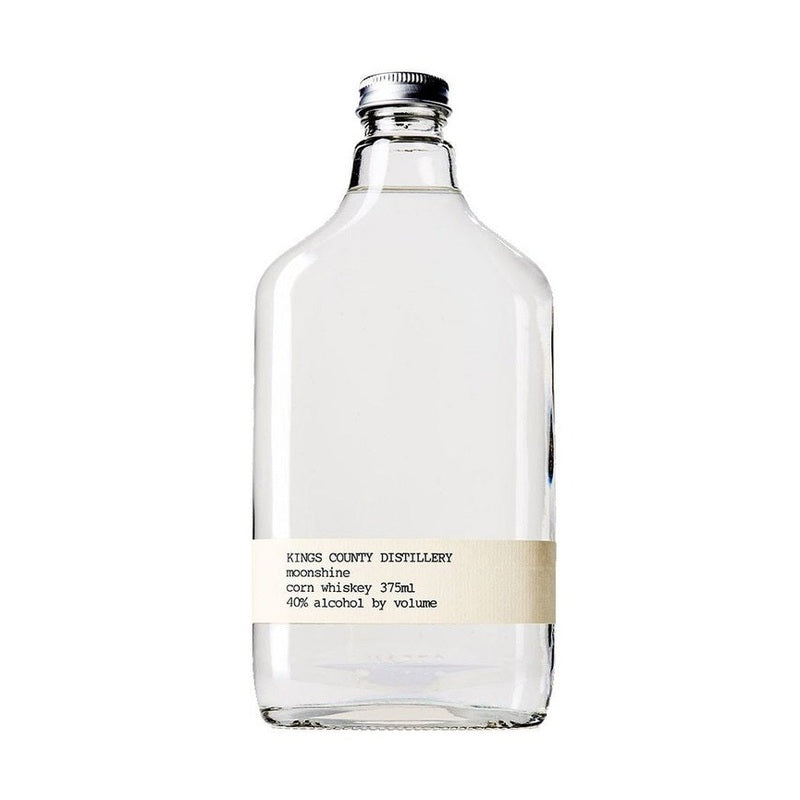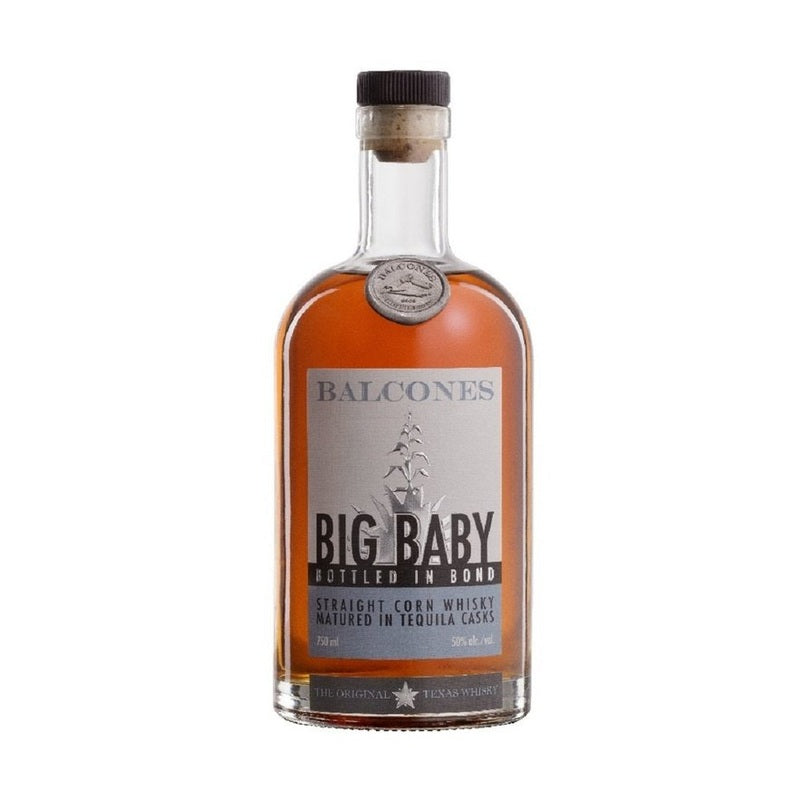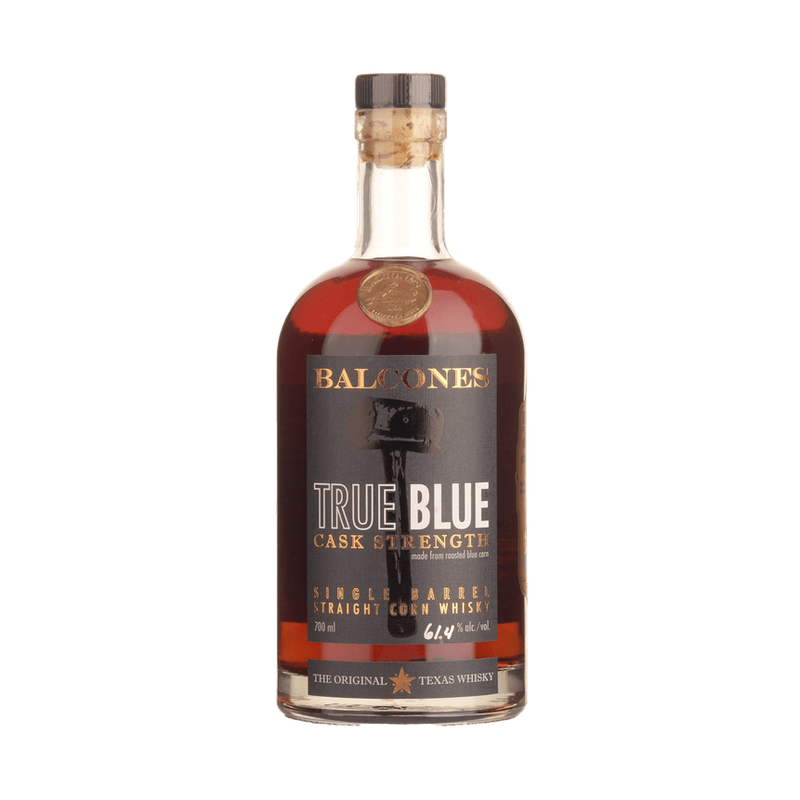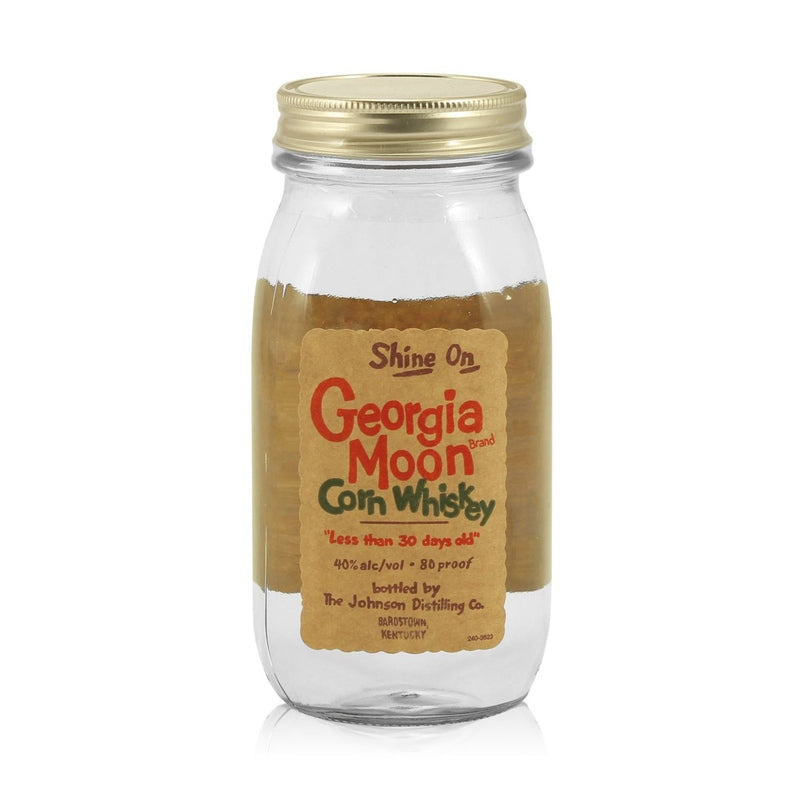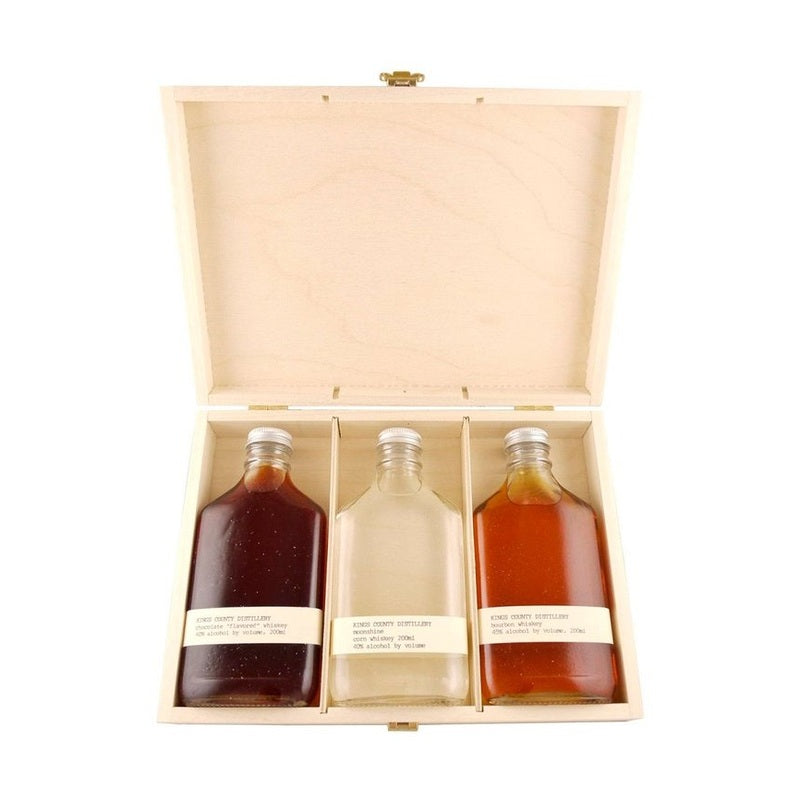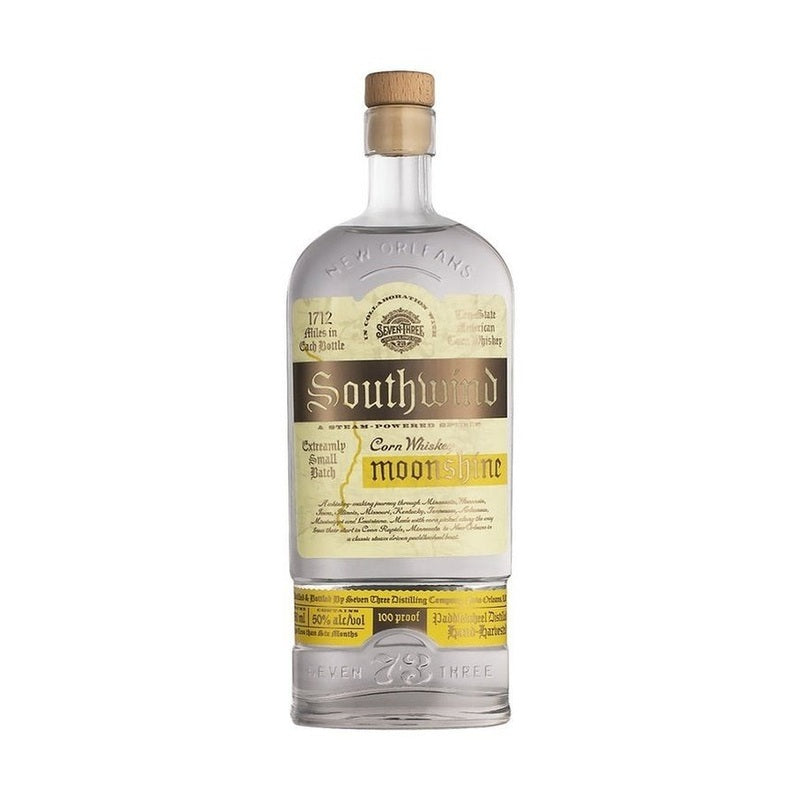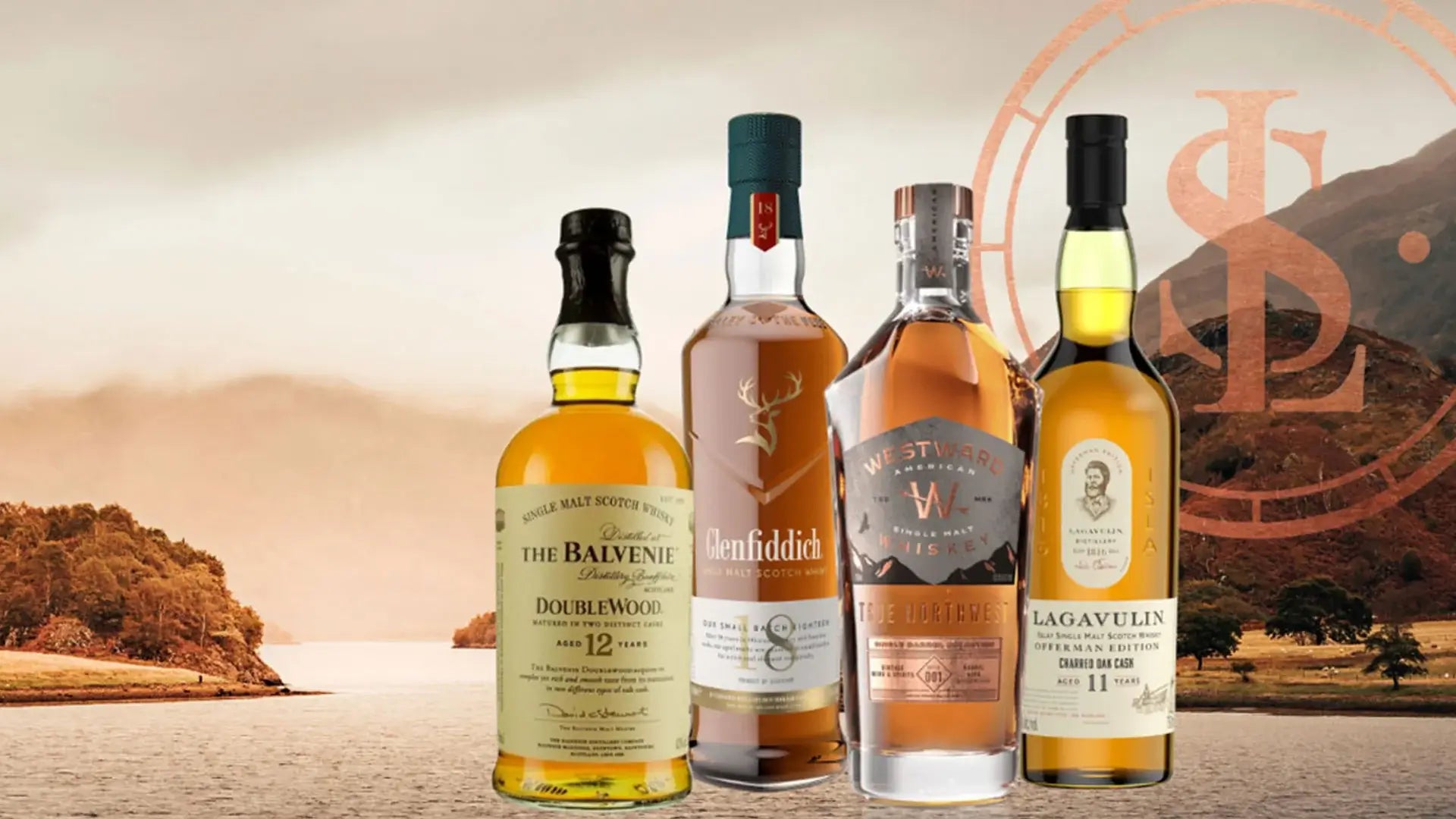
Exploring the Flavor Profile of Corn Whiskey
Filters
Corn whiskey, also spelled corn whisky, offers a distinctive tasting experience that sets it apart from other American whiskeys. Known for its inherent sweetness and smooth texture, this spirit delivers a rich and approachable flavor profile. Many expressions showcase notes of vanilla, cinnamon spice, and cornbread, giving them a warm, inviting character. The aging process significantly impacts the taste, with corn whiskey often being matured in used barrels, resulting in a lighter, straw-colored spirit with delicate oak influence. Meanwhile, un-aged versions—commonly referred to as "white whiskey" or "moonshine"—maintain a raw and bold corn flavor, offering an unfiltered glimpse into the whiskey’s base grain.
Must-Try Corn Whiskeys
For enthusiasts and newcomers alike, the following selections highlight the best expressions of corn whiskey, each bringing a unique take on the category:
- Heaven Hill Heritage Collection 20 Year Old – A rare, long-aged straight corn whiskey that develops deep caramel, vanilla, and oak notes with a smooth, lingering spice finish.
- Stillhouse Original Moonshine Whiskey – A clear, unaged whiskey offering a bright and sweet corn flavor complemented by subtle hints of oak and caramel.
- Balcones Baby Blue Corn Texas Whisky – Crafted from roasted blue corn, this Texas whisky presents flavors of cornbread, vanilla, roasted nuts, and a touch of smokiness.
- Mellow Corn Kentucky Straight Corn Whiskey – Aged in used oak barrels, this light, straw-colored whiskey delivers delicate corn sweetness with a hint of spice.
- Abasolo Ancestral Corn Whisky – Made in Mexico using nixtamalized corn, this whisky boasts bold flavors of roasted corn, honey, vanilla, and black tea, setting it apart from traditional American corn whiskeys.
Corn Whiskey Frequently Asked Questions
1. Why is corn whiskey not bourbon?
Corn whiskey and bourbon differ primarily in their production requirements. Corn whiskey must contain at least 80% corn in its mash bill, whereas bourbon only requires a minimum of 51% corn. Additionally, bourbon must be aged in new, charred oak barrels, which impart deeper caramel and vanilla flavors. In contrast, corn whiskey is often unaged or matured in used or uncharred barrels, resulting in a lighter, sweeter profile with more pronounced corn flavors.
2. Are corn whiskey and moonshine the same?
Not exactly. While both corn whiskey and moonshine can be made primarily from corn, the key difference lies in legality and production methods. Moonshine traditionally refers to unaged, clear spirits, often produced illicitly in the past. Corn whiskey, however, is a legally recognized category of American whiskey, subject to regulation and often aged to develop additional complexity. While unaged corn whiskey may resemble traditional moonshine in appearance and taste, its legal production ensures quality and consistency.
3. Why did farmers turn corn into whiskey?
Historically, farmers distilled corn into whiskey as a practical way to preserve surplus grain. Before modern transportation and storage methods, raw corn was bulky and perishable, making it difficult to store and transport. Converting it into whiskey created a more compact, durable, and valuable product that could be traded or sold. Corn whiskey became an essential part of early American commerce and played a foundational role in shaping the country’s whiskey heritage.
Corn whiskey remains a staple of American distilling, offering both classic and innovative expressions that highlight the rich flavors of this beloved grain. Whether enjoyed neat, in cocktails, or as part of a historical tasting journey, corn whiskey continues to captivate whiskey enthusiasts worldwide.
Balcones Baby Blue Corn Texas Whisky
Kings County Distillery Moonshine Corn Whiskey (200ml)
Heaven Hill Heritage Collection 20 Year Old 2023 Release Kentucky Straight Corn Whiskey
Mellow Corn Kentucky Straight Corn Whiskey
Balcones Brimstone Texas Scrub Oak Smoked Corn Whisky
Kings County Distillery Moonshine Corn Whiskey (375ml)
Balcones Big Baby Bottled in Bond Tequila Cask Matured Straight Corn Whiskey
Balcones True Blue Single Barrel Cask Strength Straight Corn Whisky
Georgia Moon Corn Whiskey
Kings County Distillery Classic Whiskey 3-Pack Gift Set
Slipknot Clown's Iowa Shine Corn Whiskey
Southwind Corn Whiskey Moonshine
Stillhouse Moonshine Mint Chip Whiskey
Sugarlands Shine Talladega 50th Anniversary Corn Whiskey
- Featured
- Best selling
- Alphabetically, A-Z
- Alphabetically, Z-A
- Price, low to high
- Price, high to low
- Date, old to new
- Date, new to old

